Top 5 Radical Sporting Protests
Posted by Adam on Mar 10th 2020
‘In life, there's the beginning and the end. The beginning don't matter. The end don't matter. All that matters is whether you're prepared to do what it takes to make change.’ John Carlos
Young sports men and women are often told they are role models for future generations. For that reason, it is easy to see why protest and sport have so often gone hand in hand in history.
This trend, further, has witnessed a recent resurgence. Whether it’s Megan Rapinoe’s defiant words for gender equality after winning the World Cup, or NFL players taking a knee in support of the Black Lives Matter movement, sporting heroes with a sense of duty to stand up against injustice are using their platform to do just that.
Today we look back on five sports protests from across the years which have inspired others to take a stand whilst the world was watching:
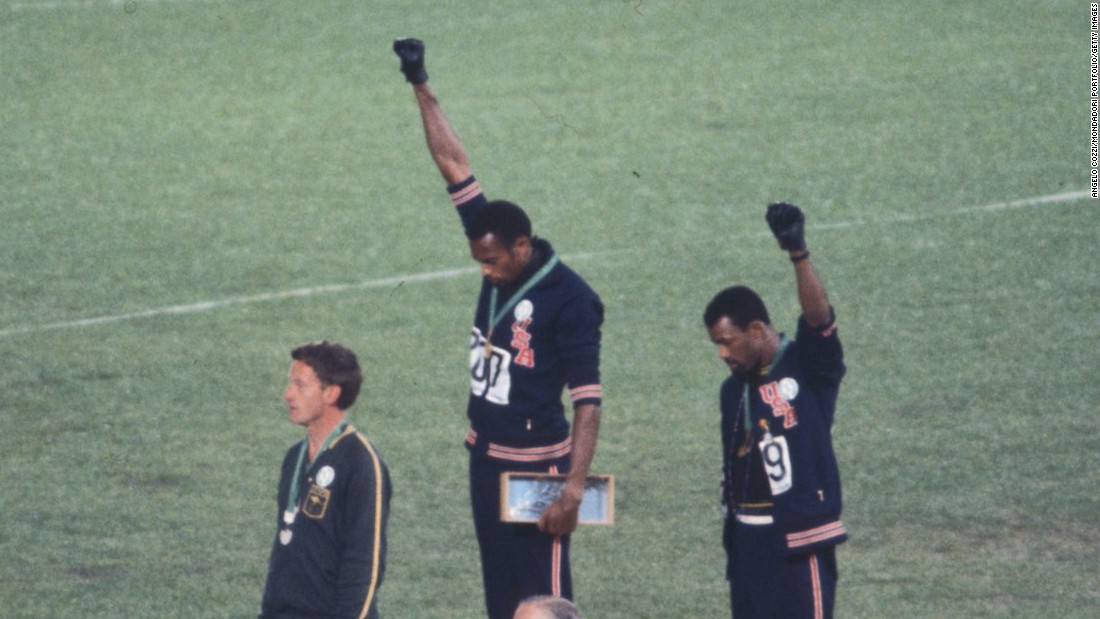
The black power salute is one of many infamous sports protests - click to read more radical history!
The Spartacus Revolt and Third Servile War
When you read the name of this blog you might have envisaged reading stories from modern history. But sporting protest is a phenomenon as long as oppression has existed, and inspiring sporting figures have been there to fight it.
We start in ancient Rome, 73 BC to be precise.
The Roman Empire was at its height, relying in no small part on the institution of slavery. But this abhorrent practise wasn’t just limited to pushing the empire forward overseas. It also provided entertainment in the form of blood sports, in particular gladiators.
Given the lack of freedom and likelihood of eventual death, it’s easy to see why some chose to revolt. One, more than any other, would come to shake the empire. Spartacus.
Spartacus was a former soldier who had ended up in slavery as a Gladiator after he had deserted from the army. But the threat of eventual death for the entertainment of others wasn’t too appealing for Spartacus, so he, along with a band of fellow gladiators, revolted against their masters.
This revolt grew and grew with more escaped slaves joining the force, something the Roman hierarchy would not tolerate.
This event, known as the Third Servile War, was widely popularised by the 1960s Stanley Kubrick film. Spartacus, who was played by the late Kirk Douglas, is presented as something of a people’s champion, fighting for freedom against an oppressive regime.
The truth of the matter is somewhat contested, though some claim at one point Spartacus had gathered a force 70,000 strong to fight against the Empire.
Yet, the Roman Empire hadn’t come to dominate almost all of Europe and beyond by losing battles. The rebels, including Spartacus, were eventually slain in battle with thousands more captured and crucified as an example to any other potential slave revolt. But the feeling of power Spartacus, and the other gladiators, inspired to take on their oppressors is surely worth remembering.
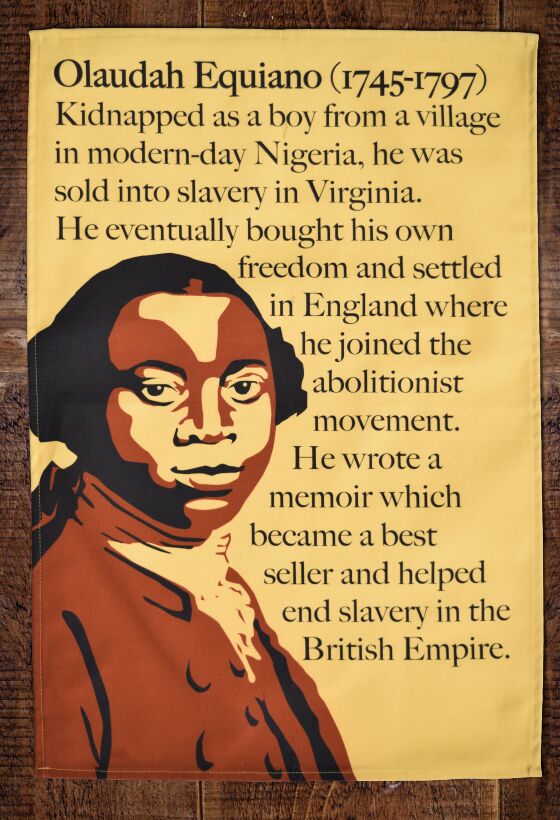
Harold Abrahams running to fight antisemitism
If you haven’t seen Chariots of Fire, I suggest you go and watch it. Not just for the iconic scene of runners across the beach to the sound of Vangelis, but also for its underlying radical message.
It tells the story of Harold Abrahams, a Jewish runner and student at Cambridge who experiences the torment of Antisemitism which was so prevalent at the time.
Abrahams, whilst toiling with his fears of performing on the world stage, overcomes the abuses that have held him back in his running career and ends up going on to become Olympic champion.
The story of Abrahams is in fact a true one. And the reason it is important to pick out in these top five sports protests is because it is the story of so many others at the time. Antisemitism has existed for centuries, but the early 20th century saw it become racialised and more fervent.
Anyone willing to stand up to its poisonous effects, as Abrahams did, is heroic, but to do so on the world stage must have gone a long way in rebuking the spreading message of hate in the minds of so many.
Whilst of course Antisemitism in Britain and Europe continued to grow right up to the horrors of the Holocaust, the actions of people like Abrahams would have helped to ensure a large population understood the simple abhorrent absurdity of those views.
Sometimes protest doesn’t have to be explicit, but it can simply equate to a matter of turning up.
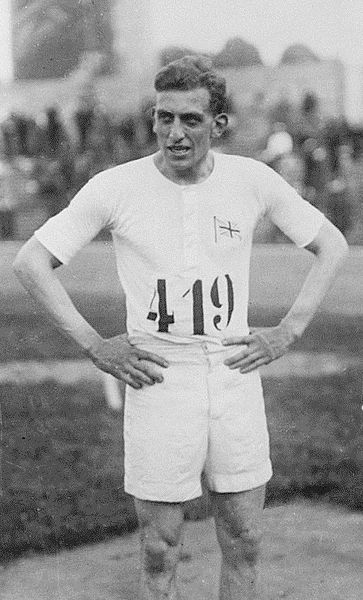
Harold Abrahams winning gold and sticking it to Antisemitism
The 1936 People's Olympiad
It’s not just individuals who have used the status of and interest in world sports as a means to combat injustice. 1936 saw a nation devoted, with many others throughout the world joining the cause.
I am of course talking about the alternative People's Olympiad organised in opposition to the Nazi fanfare held by Hitler when Berlin hosted the Olympics in 1936.
As a protest to Hitler’s fascist rhetoric, Spain elected to boycott the Olympics choosing instead to host their own. They invited athletes from all nations to show up, some choosing to, but many elected to maintain the status quo and travel to Berlin.
This is not to say that the Berlin games weren’t riddled with protest and controversy, with many giving Hitler the proverbial middle finger by publicly condemning him through boycott.
The collection of athletes that travelled to Spain were a mixture of those who would have been in Berlin competing, and those sent by international organisations who wished to show support for the People’s Olympiad.
Sadly, however the games never took place as just days before they were supposed to begin Franco launched his rebellion plummeting Spain into civil war.
Spain would have to stick it to the fascists some other way.
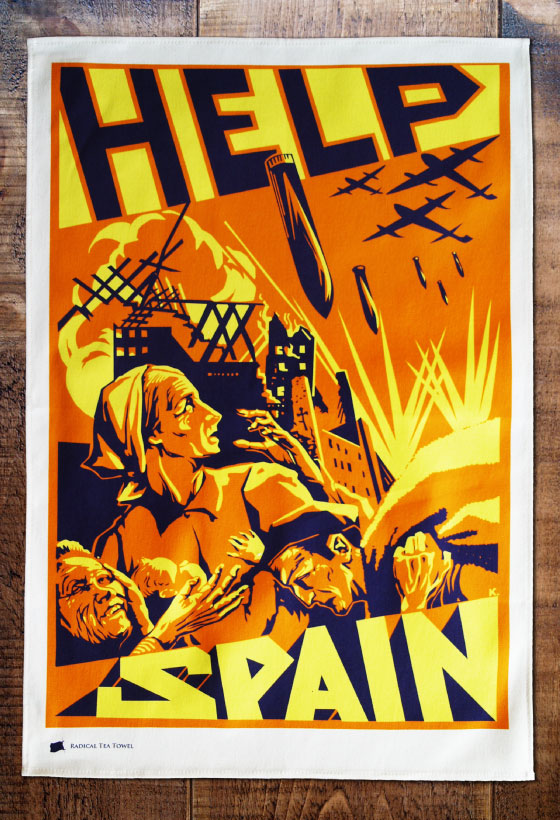
Click to view our international brigades tea towel
Muhammad Ali refuses to fight in Vietnam
Talk about iconic. Talk about Muhammad Ali.
As well as being arguably the greatest heavyweight boxer of all time, Ali was also a man of unfaltering principle. This was demonstrated in the spring of 1967 when a young Ali arrived at a US Army base in Texas to be drafted to fight the US’s war in Vietnam. Upon hearing his name at the draft Ali refused to step forward.
The personal cost to Ali was massive.
He was arrested for draft dodging, stripped of his licence to box and with it the world title belt he had just gained. It also split the nation, with thousands coming out in vocal support of Ali, and thousands more coming to revile him as a traitor to the nation.
I think it’s fair to say Ali was on the right side of history. The three years he was not allowed to box would have been tough for an athlete in his prime, but it shows that sometimes putting your principles first, in this case his commitment to pacifism, is more important.

Click to view our tea towel in tribute to Muhammad Ali
1968 Black Power Olympic Salute
This blog started with a quote from a man named John Carlos. Whilst the name might not ring too many bells, his actions certainly will.
In 1968 Carlos and Tommie Smith won bronze and gold for the USA respectively. During the medal ceremony both men – both African Americans - stepped onto the podium and raised their fist in a black power salute during the national anthem.
Though this has gone down in history as one of the most overt and revered political statements in sporting history, admiration was not what the two men received. They were ostracised from the American sporting world and were generally portrayed as traitorous by the American media.
But they were true to their principles and used their moment in the limelight to illustrate their feelings. Carlos, who was a life-long admirer of Malcolm X, says the reason he stood up was the heady sense of obligation that comes when you’re placed on the world stage.
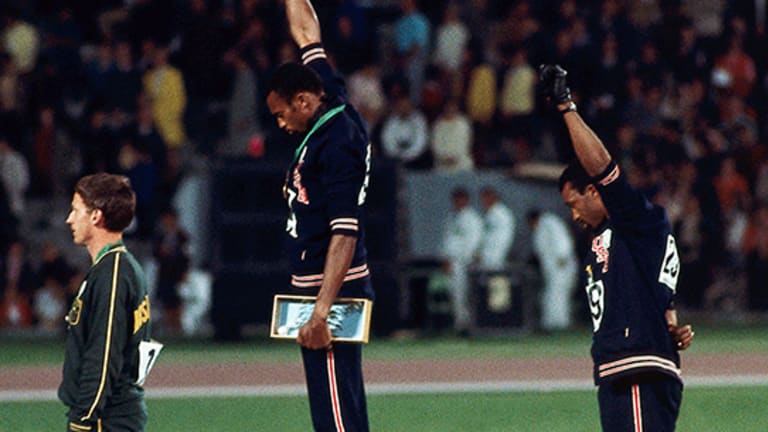
The iconic black power salute - click to read more radical history
I think this is the reason so many sports men and women use their platform to protest. It’s not opportunistic and limelight searching, but rather comes from the feeling that it would be wrong for them not to use the podium, field, court or arena in any other way.
Standing up to injustice is simply a matter of duty.
Explore our full collection of holiday gifts inspired by Radical History
